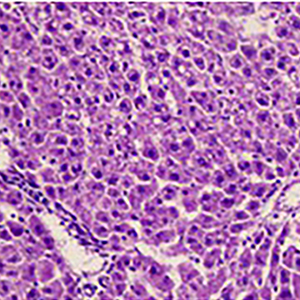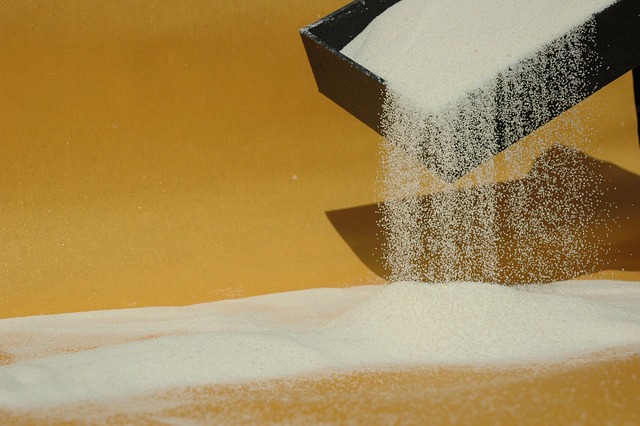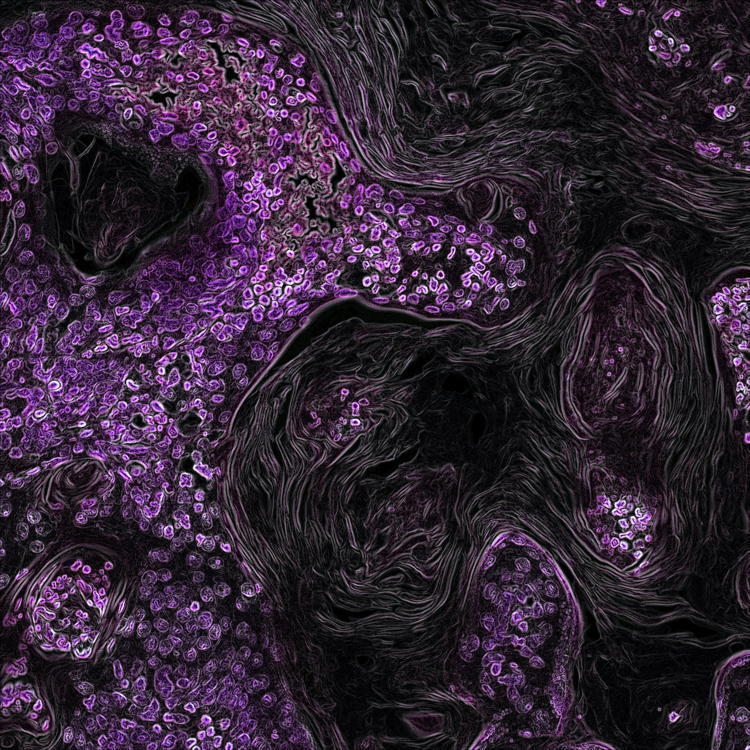SerpinB3 administration protects liver against ischemia-reperfusion injury

Submitted: 21 September 2022
Accepted: 12 October 2022
Published: 28 October 2022
Accepted: 12 October 2022
Abstract Views: 781
PDF: 535
HTML: 30
HTML: 30
Publisher's note
All claims expressed in this article are solely those of the authors and do not necessarily represent those of their affiliated organizations, or those of the publisher, the editors and the reviewers. Any product that may be evaluated in this article or claim that may be made by its manufacturer is not guaranteed or endorsed by the publisher.
All claims expressed in this article are solely those of the authors and do not necessarily represent those of their affiliated organizations, or those of the publisher, the editors and the reviewers. Any product that may be evaluated in this article or claim that may be made by its manufacturer is not guaranteed or endorsed by the publisher.
Similar Articles
- Bita Moudi, Zahra Heidari, Hamidreza Mahmoudzadeh-Sagheb, Seyed-Moayed Alavian, Kamran B. Lankarani, Parisa Farrokh, Jens Randel Nyengaard, Concomitant use of heat-shock protein 70, glutamine synthetase and glypican-3 is useful in diagnosis of HBV-related hepatocellular carcinoma with higher specificity and sensitivity , European Journal of Histochemistry: Vol. 62 No. 1 (2018)
- Damián Sánchez-Ramírez, Rafael Medrano-Guzmán, Fernando Candanedo-González, Jazmín De Anda-González, Luis Enrique García-Rios, Vadim Pérez-Koldenkova, Marcos Gutiérrez-de la Barrera, Sara Rodríguez-Enríquez, Marco Velasco-Velázquez, Silvia Cecilia Pacheco-Velázquez, Patricia Piña-Sánchez, Héctor Mayani, Alejandro Gómez-Delgado, Alberto Monroy-García, Ana Karen Martínez-Lara, Juan José Montesinos, High expression of both desmoplastic stroma and epithelial to mesenchymal transition markers associate with shorter survival in pancreatic ductal adenocarcinoma , European Journal of Histochemistry: Vol. 66 No. 1 (2022)
You may also start an advanced similarity search for this article.
Publication Facts
Metric
This article
Other articles
Peer reviewers
3
2.4
Reviewer profiles N/A
Author statements
Author statements
This article
Other articles
Data availability
N/A
16%
External funding
N/A
32%
Competing interests
N/A
11%
Metric
This journal
Other journals
Articles accepted
57%
33%
Days to publication
36
145
- Academic society
- N/A
- Publisher
- PAGEPress Publications, Pavia, Italy

 https://doi.org/10.4081/ejh.2022.3561
https://doi.org/10.4081/ejh.2022.3561












